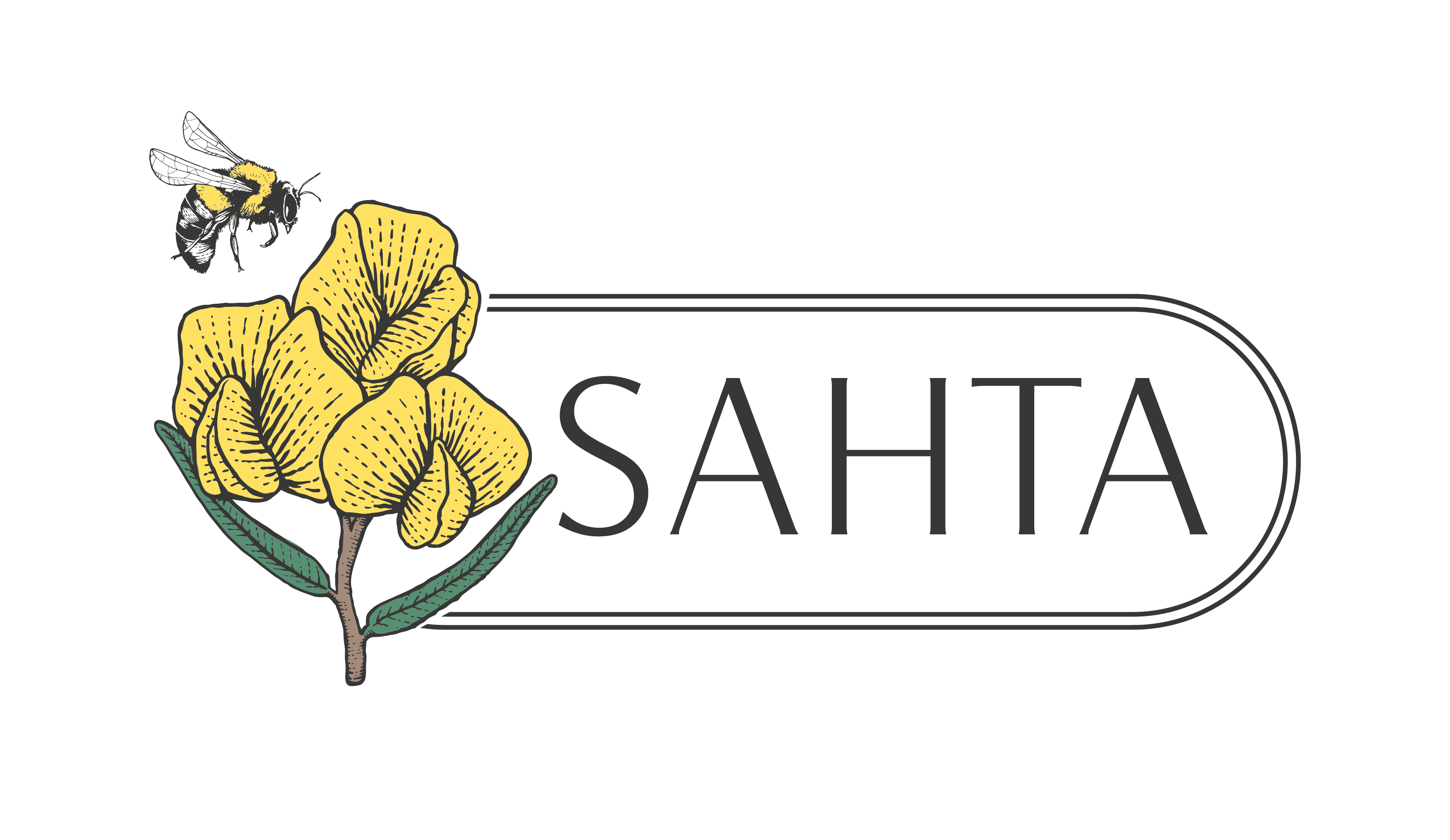Legal Standards & Compliance
SOUTH AFRICA
Standards and requirements regarding control of the export of honeybush
Agricultural product standards act, 1990 (act no.119 of 1990) draft standards and requirements regarding control of the export of honeybush, green honeybush and honeybush mixtures
Honeybush Geographical Indication (GI)
A Geographical Indication (GI) is a type of Intellectual Property (IP) Right referring to names used for products with a characteristic, quality or reputation which can be linked to the area in which it is produced. A GI is normally used to protect the reputation of a product against misuse or usurpation on the one hand and/or to enhance market access by distinguishing the unique characteristics of the product from other competing products.
For a product to be protected as a GI, the following need to be in place:
a) A product description must be developed (in other words, a document describing exactly what is protected).
b) There must be a custodian of the GI.
c) A legal system must be in place to recognise the product.
In the case of Honeybush, the name “Heuningbos” or “Honeybush” (with or without “Tea” or “Tee”) may only be used if the product is dried and is 100% from Cyclopia spp. that has been cultivated or wild-harvested in the fynbos area of the Western or Eastern Cape provinces of South Africa. It speaks for itself that, during the production process, all relevant legislation (e.g. environmental legislation) must be adhered to. Honeybush may be oxidised (fermented) or un-oxidised (green tea), but the process of drying must take place in the designated geographical area. Honeybush may be blended with teas, infusions and other products, whether or not for human consumption. The labelling of such products must conform with the rules applicable to labelling of products in the territory where the product is marketed, but some guidelines were published in the Government Gazette of 16 August 2013.
The South African Honeybush Tea Association (SAHTA) is the custodian organisation. The members of SAHTA collectively represents approximately 90% of the volume and value of the annual production and sales of Honeybush. Nevertheless, it is important to note that, as long as one adheres to the requirements of the product description, you do not have to belong to any organisation (as could be required in the case of a collective trademark). Similarly, a GI can never be disassociated from the designated geographical region and it cannot be sold or alienated (as is the case with a trademark).
In South Africa the names “Honeybush”, “Heuningbos” “Honeybush Tea” and “Heuningbos Tee” is protected by Notice 988 of 2013 as published in the Government Gazette of 4 October 2013. This notice was published as a regulation under the Merchandise Marks Act (Act 17 of 1941). In the European Union (EU) a notice to protect the same names was published in the Official Journal of the EU on 22 February 2014. This led to the inclusion of the names “Honeybush”, “Heuningbos” “Honeybush Tea” and “Heuningbos Tee” in the GI Protocol of the Economic Participation Agreement (EPA) between the EU on the one side and the Southern African Development Community EPA states on the other side. Since implementation of this agreement commenced on 10 October 2016, Honeybush / Heuningbos is since fully protected as a GI in the European Union. This protection will continue in the United Kingdom after Brexit.
It is important to understand that a GI and the trademark of an individual producer can co-exist. Nothing prevents a producer to label their honeybush as “Gelukshoop Heuningbos” (as an example) in South Africa or the EU if they adhere to the conditions described above and if they do not contravene another trade mark in the particular jurisdiction.
